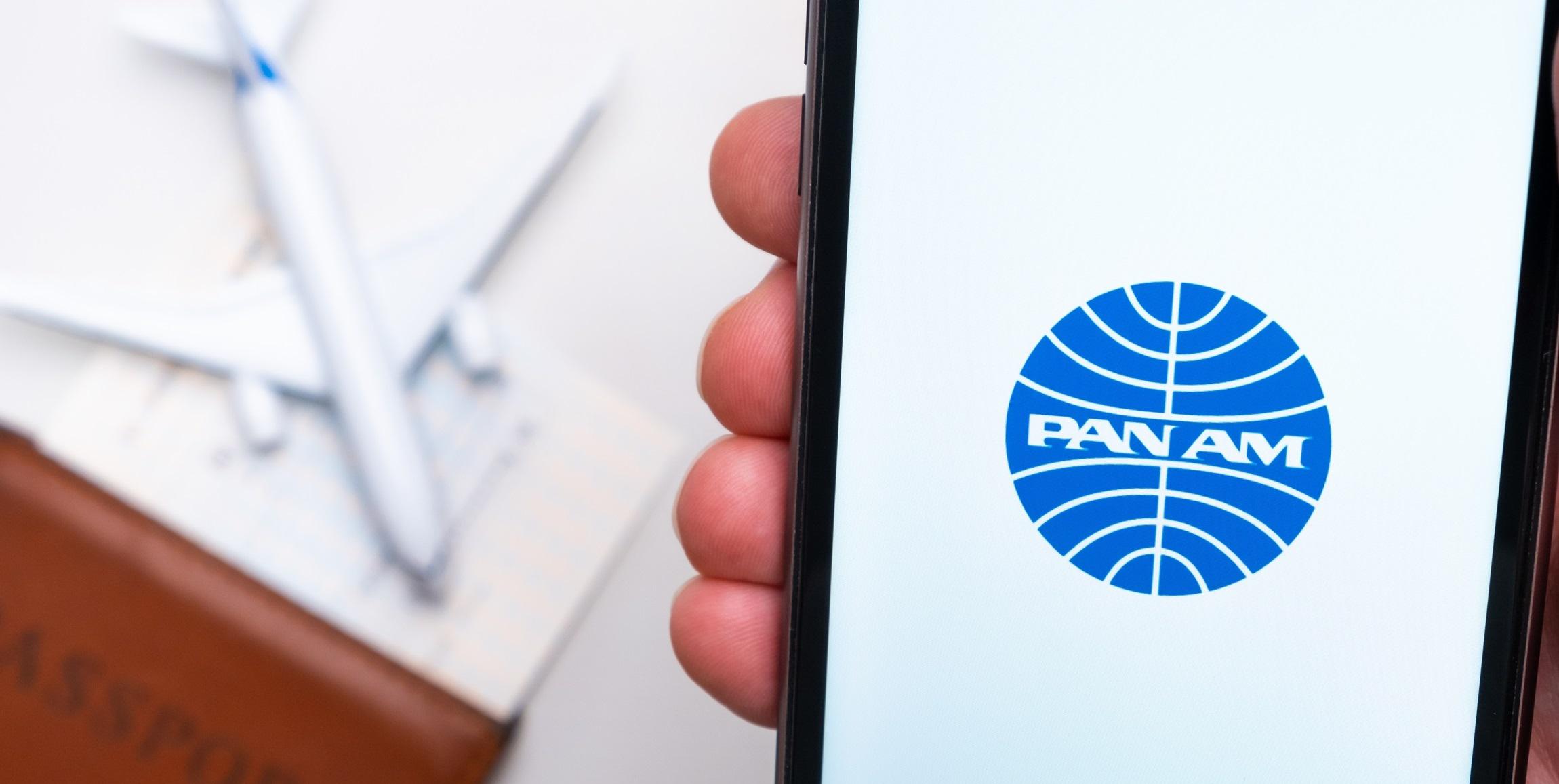8 ways to use data analytics in the hospitality industry

Imagine being able to predict when guests are most likely to book a room, know what kind of breakfast they prefer, and adjust room rates in real time—all without guessing.
That’s the power of data analytics.
In an industry where experience is everything, data has become one of the most valuable tools for hotels and other hospitality businesses. It offers a clear path to smarter decisions for improving customer satisfaction, increasing bookings, and reducing waste.
Let’s explore the role of data analytics in the hospitality industry and the ways data is being used in real-world settings.
What’s data analytics in hospitality?
In the hospitality and travel industry, data analytics plays a key role in driving smarter business decisions. For big data hotel setups, everything from booking systems and guest reviews to website interactions and on-property purchases can be analyzed for insights. These large data sets help hoteliers run their properties more efficiently, deliver better guest experiences, and stay ahead of the competition.
For example, if your hotel notices that bookings spike around long weekends or sports events, you can prepare by adjusting room rates or staffing. Or if reviews regularly mention slow check-ins, the hotel can look into adopting faster software or bringing in extra front-desk support during peak times.
Technology plays a major role in this process. Property management systems (PMS), customer relationship management tools (CMS), and data dashboards all help collect and visualize information, making it easier to spot trends and respond quickly.
Benefits of data analytics in the hospitality industry
Here are some of the top benefits of using data analytics in hospitality:
- Improved revenue management: Hotels can use historical and real-time data to adjust room rates based on demand, events, or seasonality.
- Optimized marketing strategies: Analytics reveals which marketing channels (like email or Instagram) drive the most bookings, helping hotels focus their efforts.
- Enhanced forecasting: With access to past booking trends and local event calendars, hoteliers can better predict demand and plan accordingly.
- Better risk management: By monitoring transactions and unusual behavior, businesses can spot potential fraud before it becomes a bigger problem.
- Increased operational efficiency: Data helps identify areas where time, staff, or supplies are getting wasted, leading to smoother daily operations.
- Improved customer loyalty: Personalized offers, loyalty rewards, and timely communication—all powered by data—make guests feel valued and more likely to return.
- Stronger strategic planning: Long-term decisions, like opening new locations or launching services, can be backed by solid hotel data insights instead of guesswork.
Types of data analytics in hospitality
Different kinds of data analytics serve different purposes. Here are the most common types used in the hospitality industry.
Descriptive analytics
Descriptive analytics explains what happened in the past, summarizing data like occupancy rates, revenue, or guest demographics. For example, analyzing past data could reveal that a certain August weekend consistently sees higher bookings, even in years when overall bookings are down.
Diagnostic analytics
Diagnostic analytics digs even deeper into past performance to find the “why.” If a hotel experiences a drop in bookings, diagnostic tools can help pinpoint causes, like poor weather or negative online reviews.
Predictive analytics
Predictive analytics looks at what could happen next. By analyzing trends and patterns, hotels can forecast demand, helping them adjust prices and staffing. Marriott, for example, uses predictive models to adjust room rates based on anticipated occupancy levels.
Prescriptive analytics
Prescriptive analytics goes a step further, suggesting actions a hotel can take. If bookings are predicted to drop, a system might recommend launching a last-minute discount campaign or reallocating marketing budgets.
Sentiment analysis
Sentiment analysis tools scan guest reviews, social media posts, and surveys using natural language processing to understand customers' feelings. Using sentiment analysis, a resort might discover that guests love the pool but dislike the breakfast options—information that helps the hotel know what needs to change.
8 ways to apply data analytics in hospitality
Data analytics isn't just for big chains—hotels of all sizes can use it. Here are eight real-life ways it’s being applied today.
1. Offer personalized experiences
Guests expect more than just a clean room—they want experiences that match their preferences. Hotels can use past booking data to offer room upgrades, spa deals, or welcome drinks tailored to individual guests. For example, Hilton Honors members often get offers based on travel habits and room preferences.
2. Consolidate hotel data
Many hotels gather information from various platforms, like booking engines, CRM systems, and point-of-sale (POS) systems. Analytics tools combine this data, making it easier to see the big picture and helping hotels track everything from staff efficiency to revenue per available (RevPAR).
3. Implement targeted marketing campaigns
Instead of sending a generic email to every guest, hotels can create segmented lists to send personalized offers to families, solo travelers, business guests, and other groups. A ski resort might send past winter guests an early-bird promotion, even customizing the offer based on guest profiles: Families receive a discount on kids’ ski lessons and free hot chocolate vouchers for children under 12, while solo travelers get a package that includes lift tickets and access to an adults-only après-ski lounge. This kind of targeted marketing feels more relevant and often drives more bookings.
4. Guarantee a consistent customer experience
Data helps businesses spot inconsistencies in service levels. If one location keeps getting glowing reviews and another never rises above two stars, analytics can flag differences in staff performance, amenities, or check-in times, then take action to keep the brand experience uniform across properties.
5. Detect potential fraud
You can monitor payment data and booking behavior to spot red flags. For instance, analytics tools might flag multiple bookings made with the same credit card under different names or a large group canceling at the last minute, which could signal card fraud, competitor interference, or booking pattern manipulation.
6. Analyze competitors and obtain insights
Hotels can track competitor pricing, occupancy, rates, and guest reviews to adjust their strategies. Tools like Smith Travel Research (STR) reports help hoteliers benchmark their performance against others in the same area or category, using KPIs like occupancy, average daily rate (ADR), and RevPAR.
7. Process and analyze guest feedback
Reviews and surveys are insight goldmines. Many hotels leverage reputation management tools that use sentiment analysis to quickly see what guests love and what needs to be fixed. For example, if several reviews mention noisy air conditioners or poor shower pressure, maintenance can fix the problem before it affects more guests.
8. Adjust pricing in real time
Room rates don’t have to be fixed—with real-time data on factors like demand, weather, events, and competitor pricing, hotels can adjust prices to maximize revenue. Many hotels and Airbnb hosts use dynamic pricing tools to increase their profits on busy weekends and holidays.
Get valuable insights with Engine
To stay competitive in the hospitality industry, hoteliers need to go beyond instincts and use solid data to boost revenue, improve occupancy, and deliver memorable guest experiences.
Engine’s Partner Hub is an analytics tool that allows hoteliers to access real-time data to make smarter decisions about pricing strategies, marketing campaigns, and more. No guesswork—just clear, actionable insights to keep your business running smoothly and profitably.
Explore Engine’s Partner Hub to see how hotel data analytics can unlock your property’s full potential.










.jpg)



.avif)








